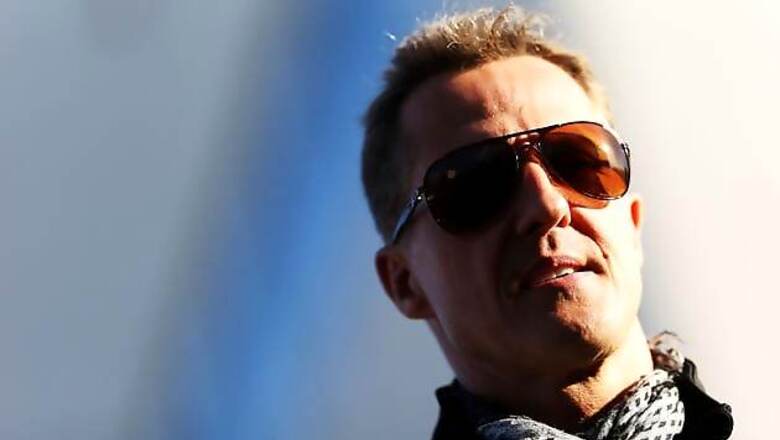
views
Grenoble, (France): Michael Schumacher underwent a second surgery after a brain scan showed small, "surprising" signs of improvement, but grim doctors said on Tuesday they could offer no insight into the prognosis for the Formula One champion.
Schumacher, who turns 45 on Friday, suffered critical head injuries when he fell and struck a rock on Sunday while skiing on a family vacation in the French Alps. His manager confirmed that the accident cracked his helmet, which doctors credited for giving him a chance at survival.
Schumacher's condition stabilized somewhat after the second surgery, but he remains in a medically induced coma - and doctors gave no prediction on how long that would last.
"We cannot tell you any more about the future," said Gerard Saillant, a surgeon and friend of the family who is in Grenoble. Saillant said it would be "stupid" to make any predictions about Schumacher's recovery.
Schumacher and his 14-year-old son were skiing in the French Alpine resort of Meribel, where the family has a chalet, when he fell and hit the right side of his head on a rock. He was taken first to a local hospital, then to Grenoble University Hospital, which is recognized as having one of France's best neurology teams.
Dr. Emmanuel Gay, the hospital's chief neurosurgeon, said a brain scan performed late Monday showed bruising "a little bit everywhere" in Schumacher's brain - but also an unexpected easing of pressure.
"The brain scan was, I must say, surprising," he said.
But Gay and other doctors cautioned that Schumacher's condition was still grave after the successful two-hour surgery to eliminate the largest and most accessible bruise, on the left side of his brain.
"We cannot say he is out of danger," said Dr. Jean-Francois Payen, head of the hospital's intensive care unit. Payen said any neurological evaluation was "out of the question" for now.
Payen told BFM-TV on Monday that medical literature puts the recovery rate at 40 to 45 percent of patients. "I don't work with statistics. I work with patients," he was quoted as saying.
Schumacher was being kept artificially sedated and his body temperature was lowered to between 34 and 35 degrees Celsius (93.2 and 95 degrees Fahrenheit), to reduce swelling in the brain, reduce its energy consumption and allow it to rest.
Schumacher earned universal acclaim for his uncommon and sometimes ruthless driving talent, which led to a record 91 race wins. He retired from Formula One last year after garnering an unmatched seven world titles.
Schumi, as his fans affectionately call him, was famously aggressive on the track and no less intense off-hours. In retirement, he remained an avid skier, skydiver and horseback rider.
Sabine Kehm, Schumacher's manager, offered more details on the accident, confirming that his helmet cracked on impact.
"It looks like probably that initiating a corner, he was hitting a stone which he had not seen and was catapulted down on a rock," Kehm said in English. "That is extremely and very unfortunate ... really very, very bad luck. Michael was not at high speed."
Visitors to the hospital Tuesday included two close friends of Schumacher's from his time at Ferrari, where he won five of his record seven F1 titles from 2000-04.
Jean Todt, then manager of the storied Italian team and now president of motor racing's governing body, and Italian test driver Luca Badoer both declined to speak with media.













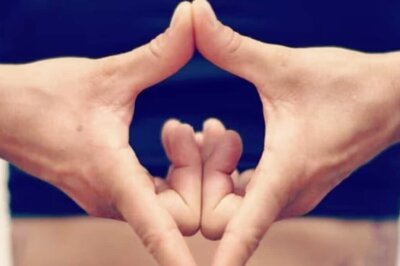
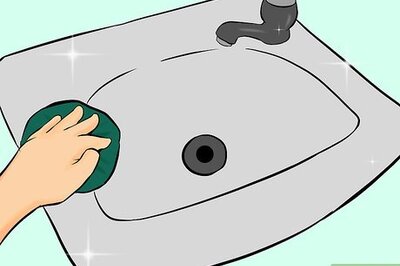
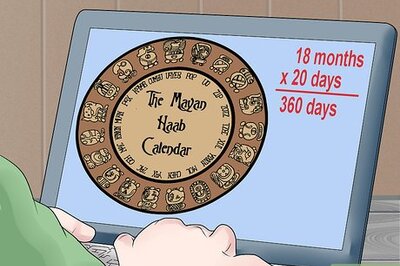
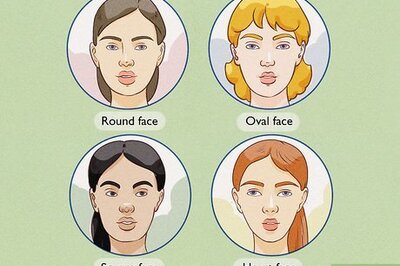
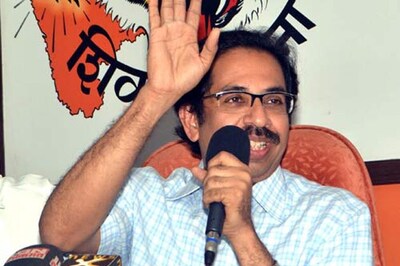
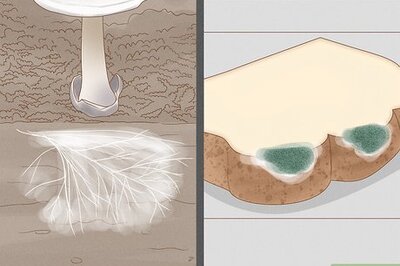
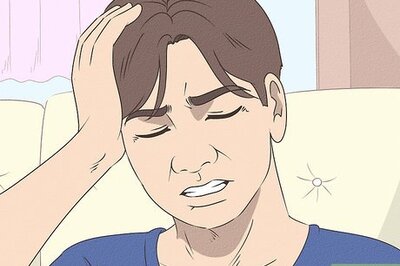
Comments
0 comment